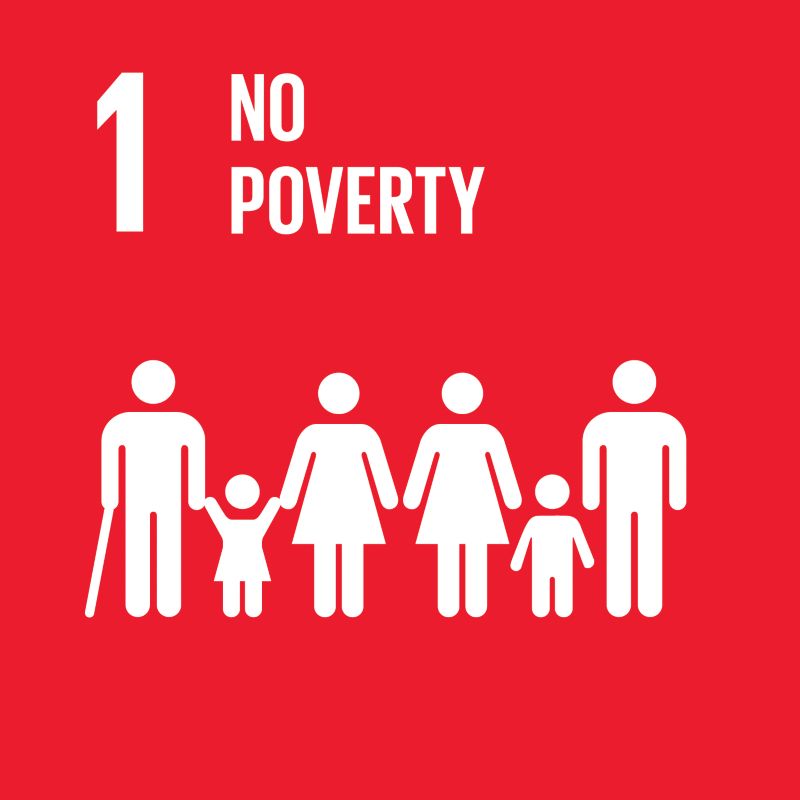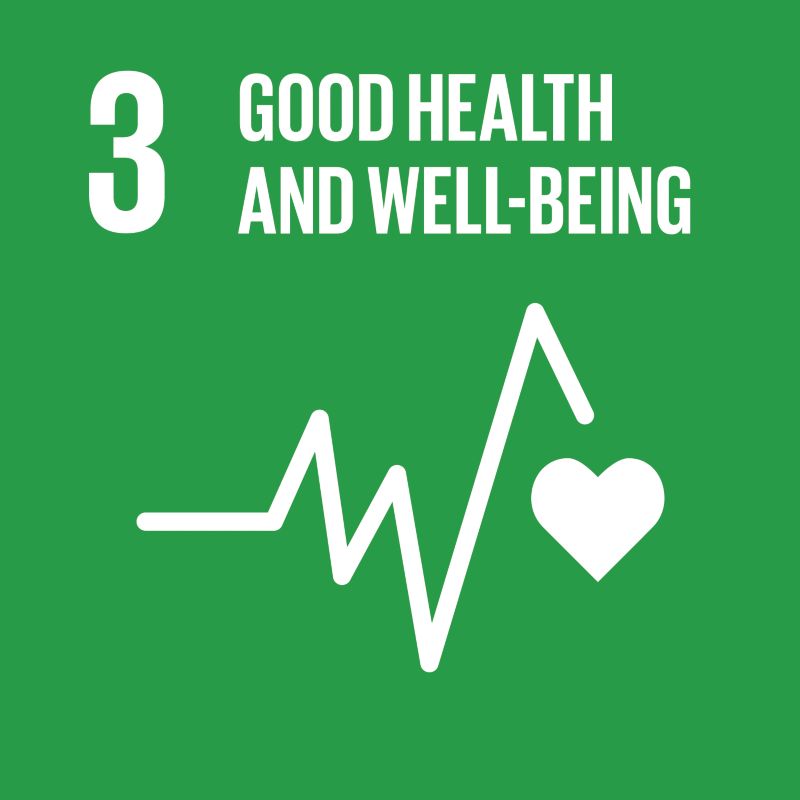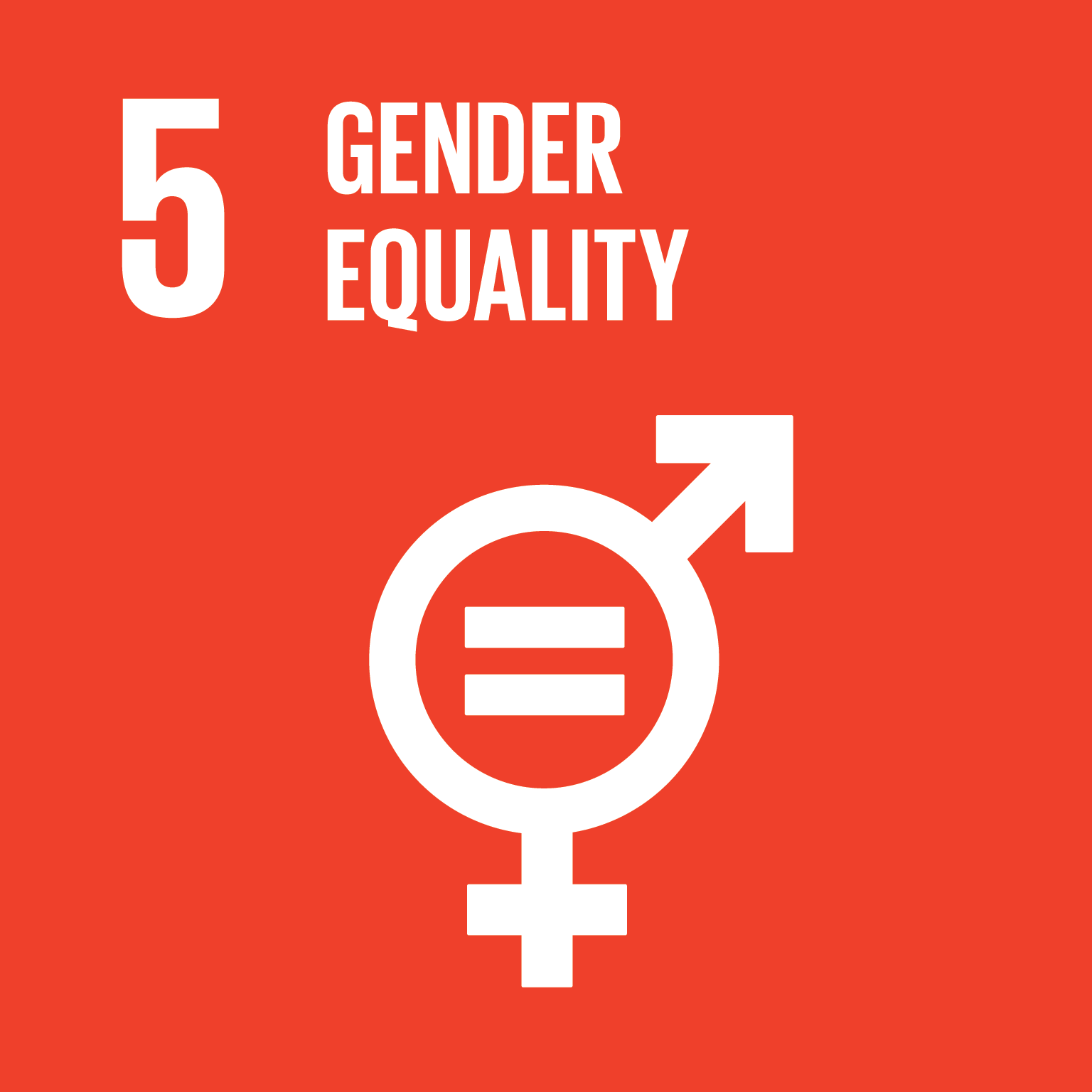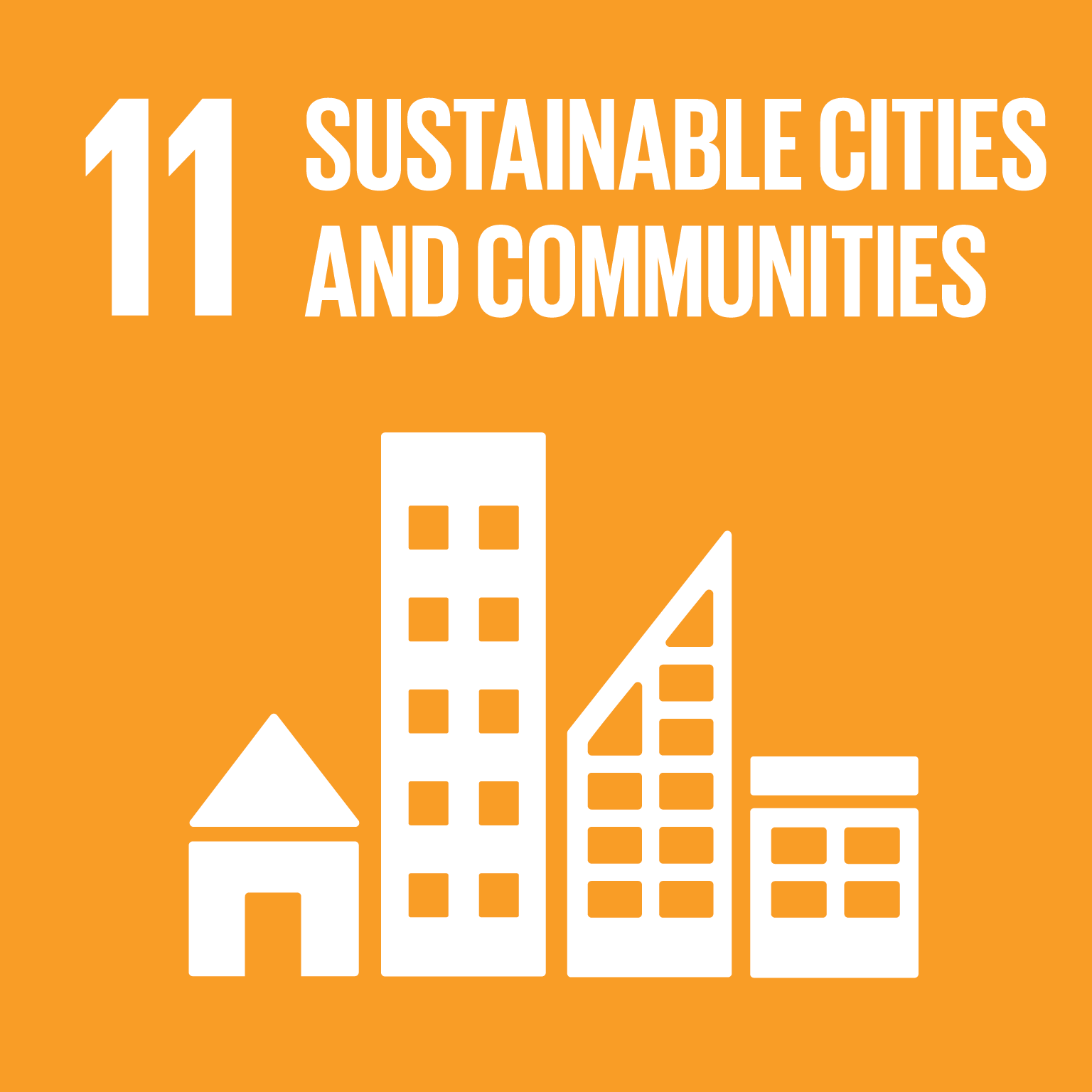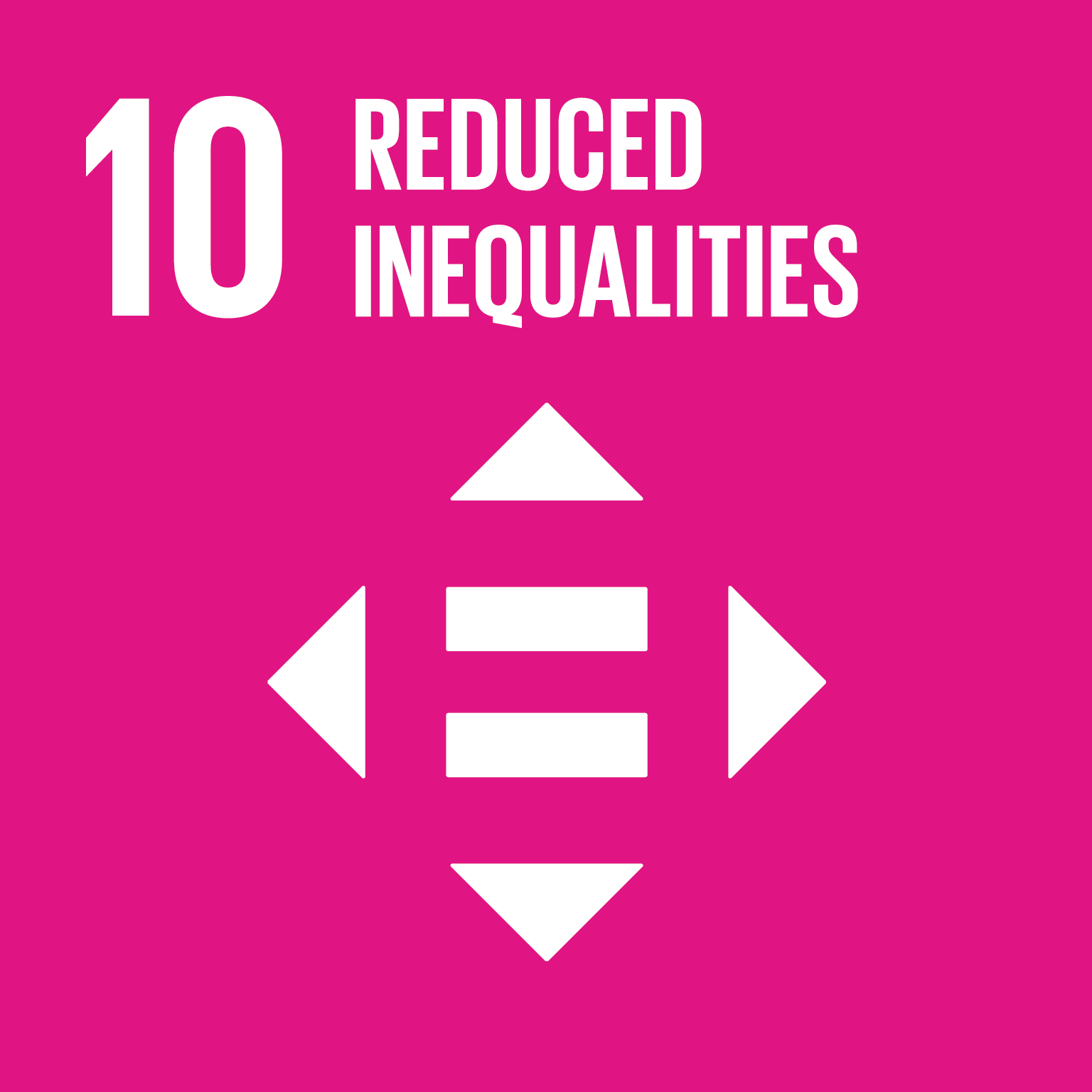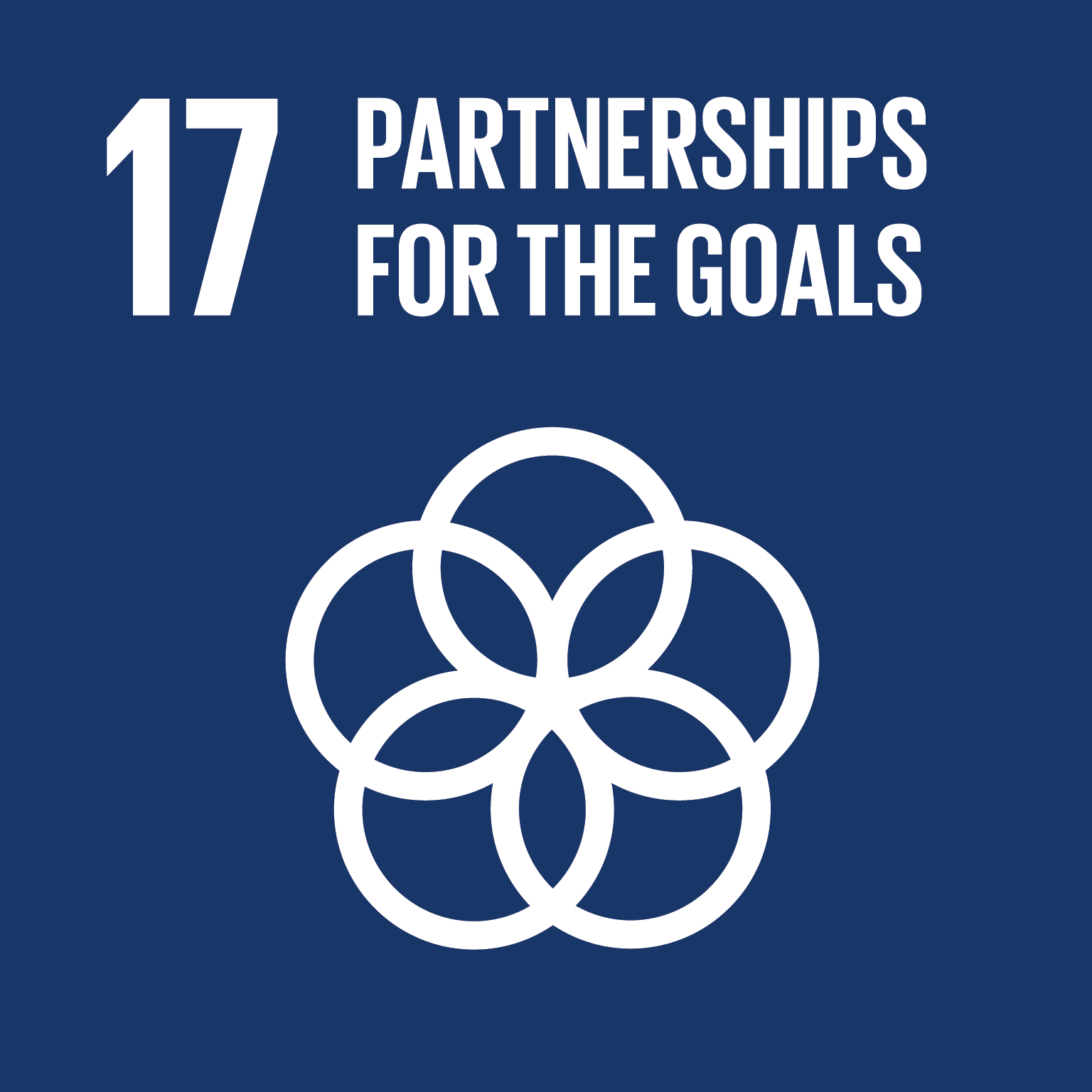The purpose of this research project is to provide a critical policy analysis of the Victorian Public Housing Renewal Program (PHRP).
The PHRP aims to redevelop 11 inner suburban public housing estates in Melbourne. The redevelopment entails the relocation of residents, the demolition of the existing buildings and the redevelopment of each site by a private developer in partnership with a community housing provider. This raises significant concerns about the effectiveness of the policy in delivering housing in a time of severe housing crisis, the impact of displacement on residents and communities, and the assumptions underpinning the PHRP and the real estate model it deploys.
This research project aims to evaluate the claims of the PHRP and its underlying model in order to establish an accurate evidence base and assess the anticipated impact of the model on public housing residents in Melbourne. To do so, the research uses a desk-top review of relevant Australian and international literature, previous evaluations and studies on similar estates, and a policy analysis.
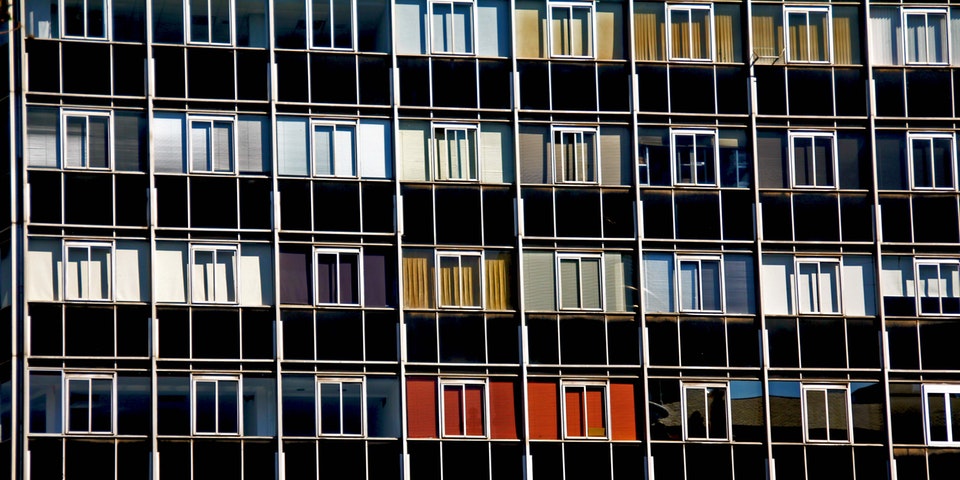
This research project provides a critical evaluation of the policy claims and an assessment of the likely impact of the PHRP on public housing residents. It also provides an overview about how the policy and program inter-relates with wider trends and other policy frameworks to provide a more nuanced understanding of how the PHRP and its impacts should be understood in the current context.
Project timeline: 2018 - 2019
Key contributors: Libby Porter
Find out more: Public housing program risks reducing homes for vulnerable groups: report
This project addresses the following Sustainable Development Goals and Targets:
1.4 By 2030, ensure that all men and women, in particular the poor and the vulnerable, have equal rights to economic resources, as well as access to basic services, ownership and control over land and other forms of property, inheritance, natural resources, appropriate new technology and financial services, including microfinance
By 2030, reduce by one third premature mortality from non-communicable diseases through prevention and treatment and promote mental health and well-being
5.a Undertake reforms to give women equal rights to economic resources, as well as access to ownership and control over land and other forms of property, financial services, inheritance and natural resources, in accordance with national laws
11.1 By 2030, ensure access for all to adequate, safe and affordable housing and basic services and upgrade slums
11.3 By 2030, enhance inclusive and sustainable urbanization and capacity for participatory, integrated and sustainable human settlement planning and management in all countries
10.2 By 2030, empower and promote the social, economic and political inclusion of all, irrespective of age, sex, disability, race, ethnicity, origin, religion or economic or other status
17.14 Enhance policy coherence for sustainable development

Get in touch
For more information or to discuss partnership and collaboration opportunities, email us at SDGs@rmit.edu.au.
For more information about RMIT’s sustainability commitments and activities visit www.rmit.edu.au/sustainability
